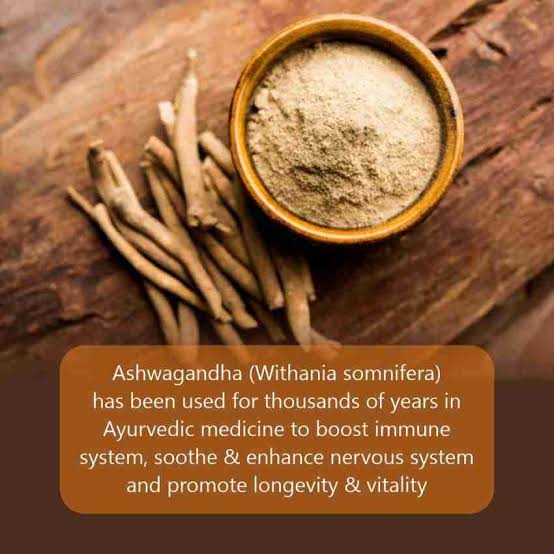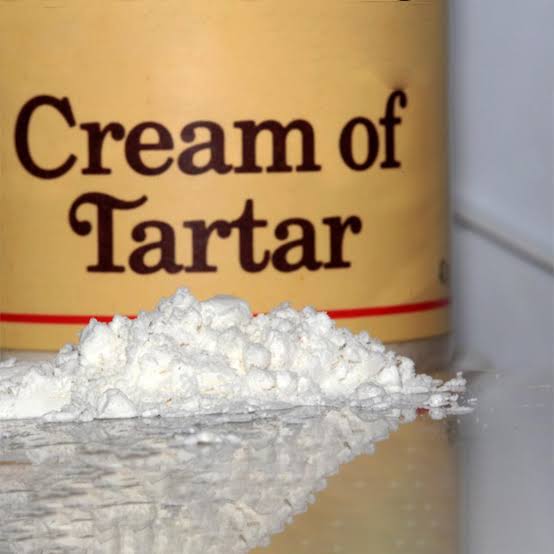Rapeseed oil, also known as canola oil in its refined form, is one of the most widely used vegetable oils in the world. Derived from the seeds of the rapeseed plant (Brassica napus), this oil is not only versatile in cooking but also offers numerous health benefits. Packed with healthy fats, vitamins, and antioxidants, rapeseed oil can contribute to a well-balanced, heart-healthy diet. Let’s dive into the many health benefits of rapeseed oil and why it might be a great addition to your kitchen.
Table of Contents:
- What is Rapeseed Oil?
- Health Benefits of Rapeseed Oil
- Heart Health
- Supports Brain Function
- Promotes Skin Health
- Reduces Inflammation
- Helps in Weight Management
- High in Antioxidants
- How to Use Rapeseed Oil
- Wrapping Up: Is Rapeseed Oil Worth Using?
- Frequently Asked Questions
1. What is Rapeseed Oil?
Rapeseed oil is extracted from the seeds of the rapeseed plant, a member of the Brassica family, which also includes mustard, cabbage, and broccoli. The oil comes in two varieties: traditional rapeseed oil and canola oil (which is a refined and low-erucic acid version of rapeseed oil). Canola oil is widely recognized for its light flavor and high smoking point, making it suitable for various cooking methods, including frying, sautéing, and baking.
Rapeseed oil is known for its excellent balance of omega-3 and omega-6 fatty acids and is one of the healthiest cooking oils available.
2. Health Benefits of Rapeseed Oil
Heart Health
Rapeseed oil is rich in monounsaturated fats, the same type of healthy fat found in olive oil. These fats have been shown to reduce bad cholesterol (LDL) levels while boosting good cholesterol (HDL). This balance helps maintain healthy blood vessels and reduces the risk of cardiovascular diseases like heart attacks, stroke, and high blood pressure. Additionally, rapeseed oil is a great source of omega-3 fatty acids, which further support heart health by reducing inflammation and improving circulation.
How Rapeseed Oil Helps Heart Health:
- Reduces LDL cholesterol levels
- Increases HDL cholesterol
- Contains omega-3 fatty acids, which reduce inflammation and improve circulation
Supports Brain Function
The omega-3 fatty acids in rapeseed oil, particularly alpha-linolenic acid (ALA), play a vital role in brain health. ALA is essential for cognitive function, memory, and mood regulation. Consuming adequate amounts of omega-3s can help protect against cognitive decline and may even reduce the risk of neurodegenerative diseases like Alzheimer’s. Additionally, the presence of antioxidants like vitamin E helps protect brain cells from oxidative stress and damage.
How Rapeseed Oil Supports Brain Health:
- Omega-3s promote cognitive function and memory
- Antioxidants protect brain cells from oxidative damage
- May reduce the risk of cognitive decline and neurodegenerative diseases
Promotes Skin Health
Rapeseed oil is a great source of vitamin E, an antioxidant that helps protect the skin from free radical damage caused by UV exposure and environmental pollutants. Vitamin E also promotes skin repair, reduces signs of aging, and can help treat skin conditions like eczema and acne. The oil’s healthy fats also keep the skin hydrated and help maintain its elasticity, contributing to a youthful, glowing complexion.
How Rapeseed Oil Benefits Skin:
- Vitamin E reduces signs of aging and protects against skin damage
- Moisturizes and keeps skin hydrated
- Can help treat skin conditions like eczema and acne
Reduces Inflammation
The omega-3 fatty acids in rapeseed oil have anti-inflammatory properties that can help reduce chronic inflammation in the body. Chronic inflammation is linked to a variety of health conditions, including heart disease, arthritis, and even certain cancers. By incorporating rapeseedoil into your diet, you may help lower inflammation levels and support overall well-being.
How RapeseedOil Reduces Inflammation:
- Omega-3s have anti-inflammatory effects
- Helps reduce the risk of chronic inflammation-related diseases
- Supports overall health by lowering inflammation
Helps in Weight Management
Rapeseedoil contains a balanced ratio of omega-3 and omega-6 fatty acids, which may help with weight management by promoting healthy fat metabolism. The monounsaturated fats in rapeseedoil can help regulate appetite, as they provide satiety and prevent overeating. Furthermore, the healthy fats in rapeseedoil support the body’s fat-burning processes, which can contribute to a healthy weight.
How RapeseedOil Supports Weight Management:
- Promotes healthy fat metabolism
- Provides satiety, helping control appetite
- Supports fat-burning processes in the body
High in Antioxidants
Rapeseedoil is rich in antioxidants such as vitamin E and polyphenols, which help protect the body from oxidative damage. Free radicals can lead to cell damage and contribute to the development of chronic diseases like cancer and heart disease. Antioxidants neutralize these harmful free radicals and help maintain overall health by reducing oxidative stress.
How RapeseedOil Boosts Antioxidant Levels:
- Contains vitamin E and polyphenols that fight free radicals
- Reduces oxidative stress and supports overall health
- May lower the risk of chronic diseases like cancer and heart disease
3. How to Use RapeseedOil
Rapeseedoil is a versatile oil that can be used in a variety of cooking methods:
- Sautéing and Stir-Frying: Due to its high smoking point, rapeseedoil is ideal for sautéing vegetables, stir-frying, or frying foods.
- Baking: Use rapeseed oil as a substitute for butter or other oils in baking recipes. It works well in muffins, cakes, and cookies.
- Salad Dressings: Rapeseedoil has a mild flavor that makes it an excellent base for salad dressings. Combine with vinegar, lemon juice, and spices for a quick, healthy dressing.
- Roasting: Drizzle rapeseed oil over vegetables or meats before roasting for added flavor and moisture.
- Marinades: Use rapeseedoil in marinades for meats, poultry, or tofu to add richness and help tenderize proteins.
Wrap Up: Is RapeseedOil Worth Using?
Absolutely! Rapeseed oil is one of the healthiest cooking oils available. It provides numerous health benefits, including heart health, brain function support, skin health, and inflammation reduction. Its mild flavor and versatility in cooking make it a great addition to any diet. Whether you’re frying, baking, or making dressings, rapeseedoil is a practical and nutritious choice.
Questions People Ask
Q1: Is rapeseedoil healthy for cooking?
Yes, rapeseedoil is a healthy choice for cooking due to its high levels of monounsaturated fats, omega-3 fatty acids, and antioxidants. It’s suitable for high-heat cooking methods like frying and sautéing.
Q2: What is the difference between rapeseedoil and canola oil?
Rapeseedoil and canola oil are both derived from the same plant, but canola oil is a refined version with lower levels of erucic acid. Both oils are nutritionally similar, but canola oil tends to have a milder taste and a higher smoke point.
Q3: Can rapeseedoil help lower cholesterol?
Yes, rapeseedoil is high in monounsaturated fats, which have been shown to lower LDL (bad) cholesterol levels while raising HDL (good) cholesterol, supporting overall heart health.
Q4: Is rapeseedoil good for skin?
Yes, the vitamin E and healthy fats in rapeseedoil make it beneficial for skin health. It helps hydrate the skin, protect against aging, and treat conditions like eczema and acne.
Its versatility in cooking and mild flavor make it a great addition to any kitchen. If you’re looking for a nutritious, all-purpose oil, rapeseedoil is definitely worth using!







